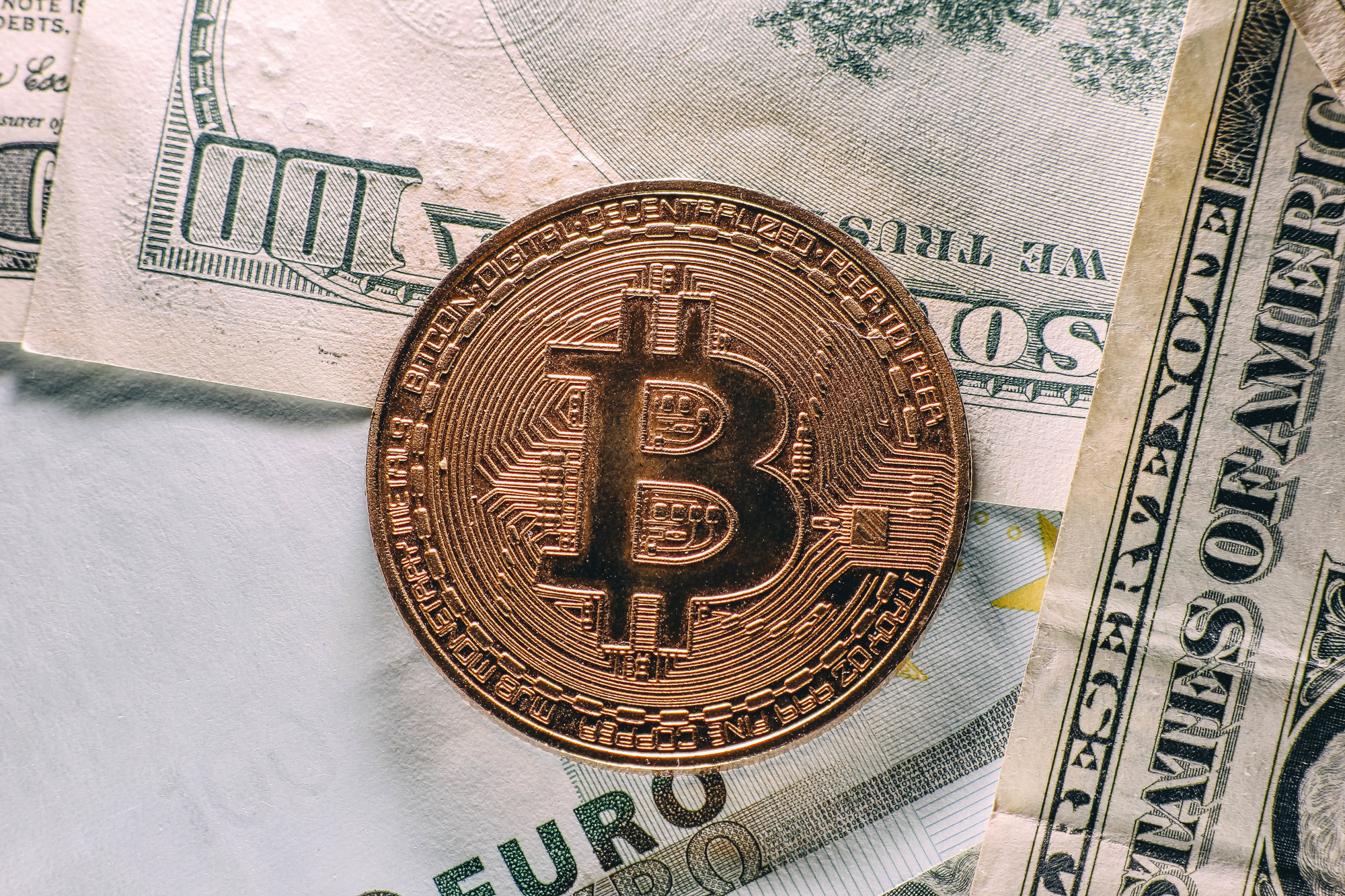
Are you curious about Bitcoin fees? If you’re new to the world of cryptocurrencies, understanding Bitcoin fees may seem daunting. But fear not!
In this article, we’ll explain everything you need to know about Bitcoin fees and why they are necessary. From the basics of how Bitcoin fees work to the factors that affect them, we’ll guide you through the ins and outs of Bitcoin fees.
By the end of this article, you’ll have a solid understanding of Bitcoin fees and be able to optimize them to minimize costs and maximize efficiency.
Understanding the Need for Bitcoin Fees
Bitcoin fees are necessary for transaction processing and network security. When a transaction is sent on the Bitcoin network, it is broadcast to all nodes in the network.
Miners then pick up these transactions and include them in the next block. To do this, they must solve a complex mathematical puzzle and expend computational resources.
By paying fees, users incentivize miners to prioritize their transactions and include them in the next block.
Additionally, fees help prevent spam attacks, where an attacker sends large numbers of small transactions to clog up the network.
By setting fees, users ensure that only transactions that are economically viable are processed, and this helps maintain the network’s security.
Factors That Affect Bitcoin Fees
The two main factors that affect Bitcoin fees are network congestion and transaction size.
When there are many transactions waiting to be processed, the demand for block space increases. This causes fees to go up. Similarly, when the size of a transaction is large, it requires more space in the block. This means fees will be higher.
The size of a transaction is measured in bytes. Transactions with larger byte sizes require more computational resources to process.
Understanding these factors is essential for optimizing Bitcoin fees and avoiding delays or high costs. You can learn more here.
Different Types of Bitcoin Fees
There are three types of Bitcoin fees: miner fees, transaction fees, and priority fees. Let’s take a quick look at these now.
Miner Fees
Miner fees are paid to miners as a reward for including a transaction in the next block. These fees are calculated based on the size of the transaction and the network’s congestion.
Transaction Fees
These are fees paid by users to prioritize their transactions over others. These fees are optional, but if a user wants their transaction to be processed quickly, they must pay a higher fee.
Priority fees
These are a special type of transaction fee that guarantees that a transaction will be processed quickly, regardless of the network’s congestion. Priority fees are typically used for urgent transactions.
The cost of each type of fee varies depending on market conditions and network congestion. Miners are incentivized to prioritize transactions with higher fees, so users who want their transactions processed quickly should pay higher fees.
Bitcoin Fees are a Fair System
By now, you should have a good understanding of Bitcoin fees and their importance in the functioning and security of the network. Whether you’re a newcomer or an experienced Bitcoin user, optimizing fees is crucial to ensure timely and efficient transaction processing.
With the knowledge gained from this article, you can now make informed decisions on the type and amount of fees to pay, based on network conditions and transaction size.
If you enjoyed this article, be sure to check out more of our great content today.





